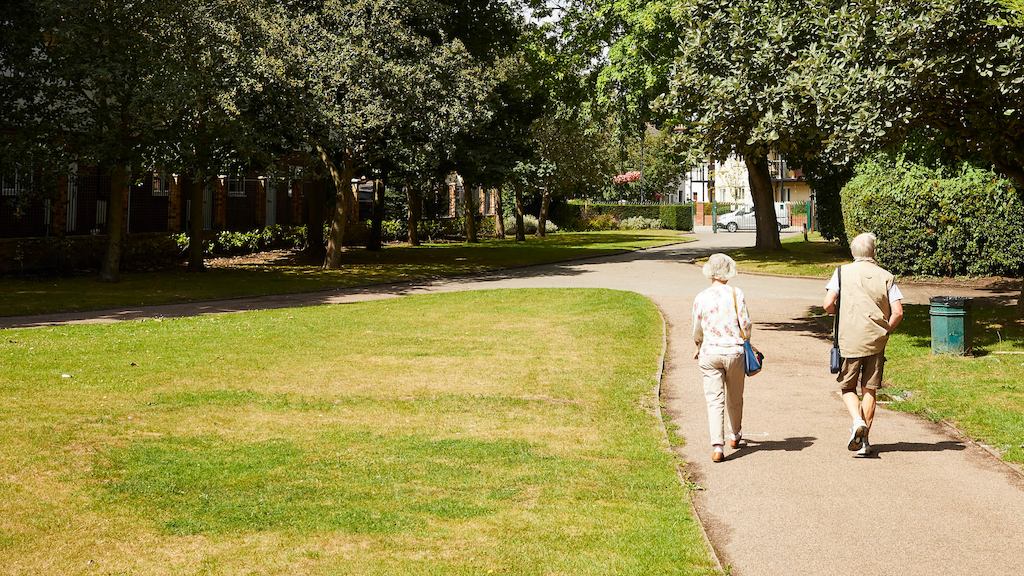Across the world the number and proportion of people aged 60 years and older in the population is increasing rapidly and this will continue in coming decades, particularly in developing countries. The ageing of the global population will affect all aspects of society, including labour and financial markets, the demand for goods and services, such as education, housing, health, social care, social security, transport, as well as family structures and social relationships.
There is, however, great inequality in life expectancy and in the quality of life experienced by people as they age. For example, there is an average difference of 31 years of healthy life expectancy at birth and 11 years for healthy life expectancy at 60 years between countries. The disparity is more acute in emerging economies but here in the UK there is clear evidence of inequality.
Disability-free life expectancy estimates the number of years spent without a long-lasting physical or mental condition that limits a person’s daily activities. Both boys and girls born in Blackpool can only expect to live to 53 before developing such a condition, compared to 69 for those born in Wandsworth.
Good health adds life to years. The opportunities that arise from increasing longevity depend strongly on healthy ageing. People who experience these extra years of life in good health and continue to participate and be an integral part of families and communities will strengthen societies. However, if the added years are dominated by poor health, social isolation or dependency on care, the implications for older people and for society are much more negative.

